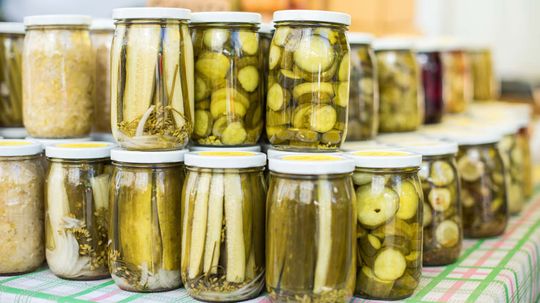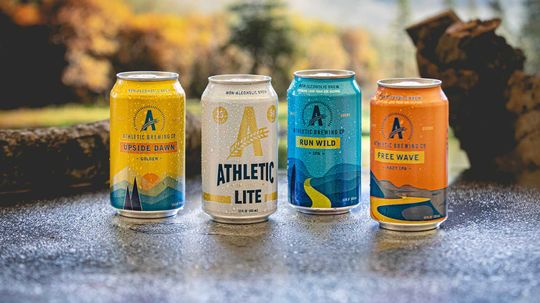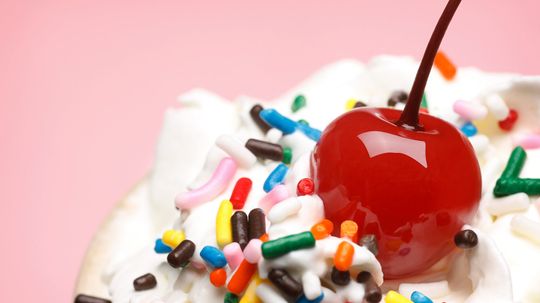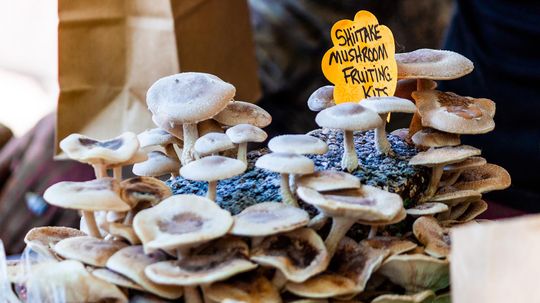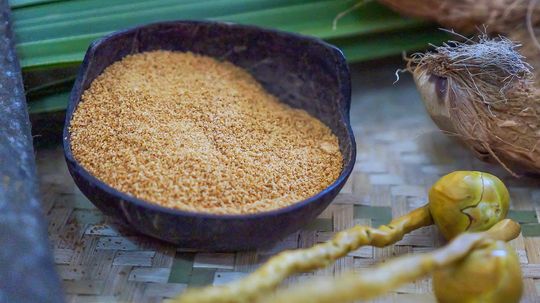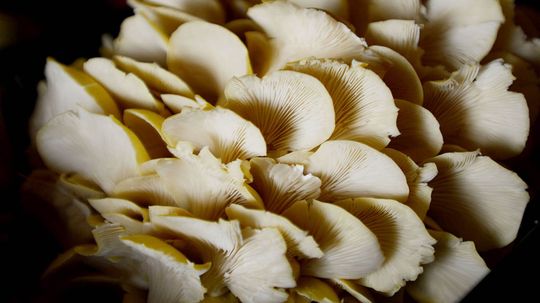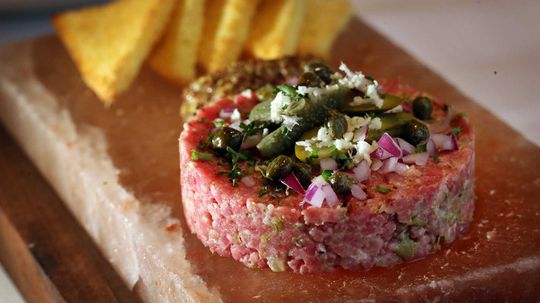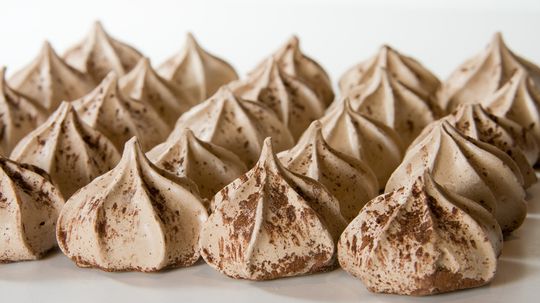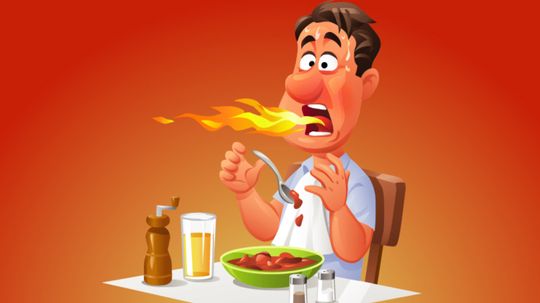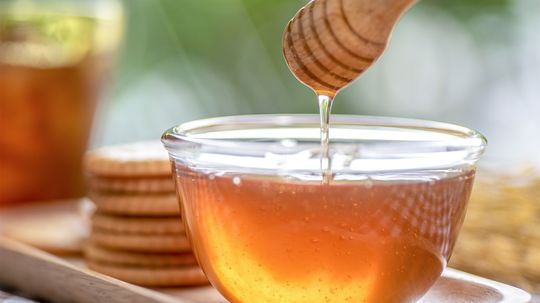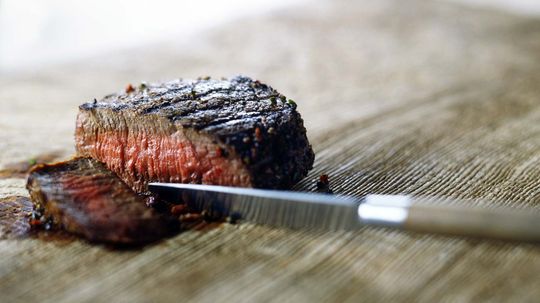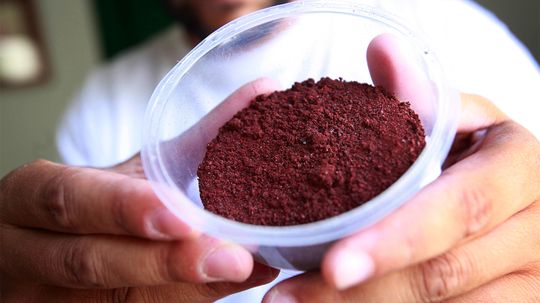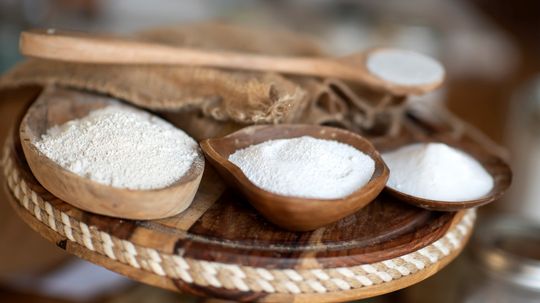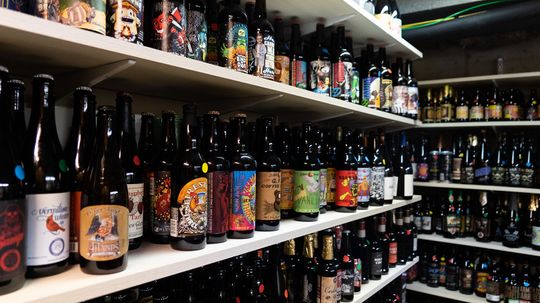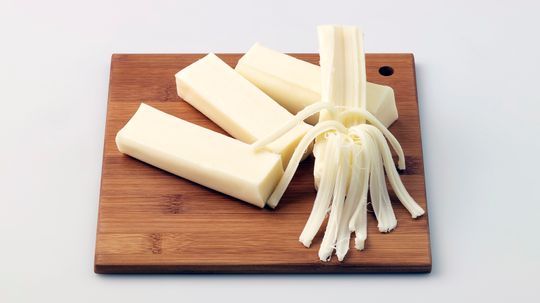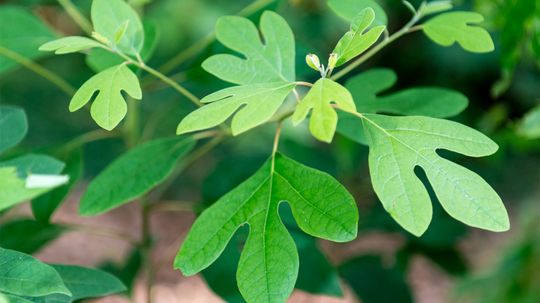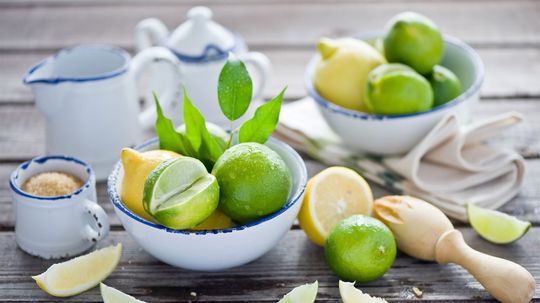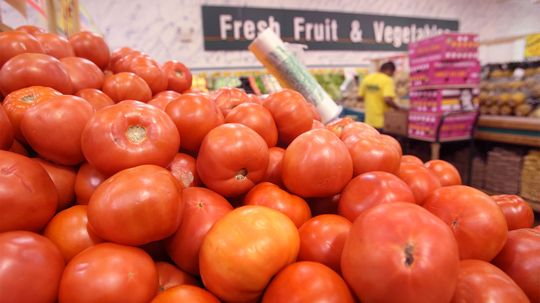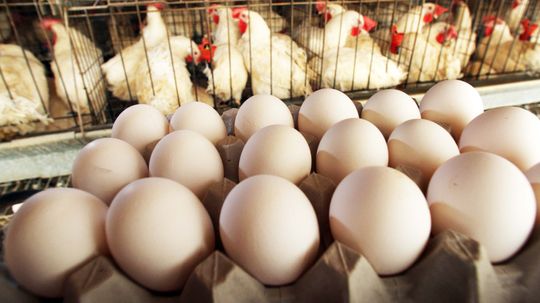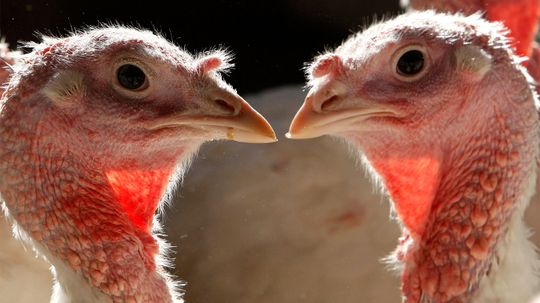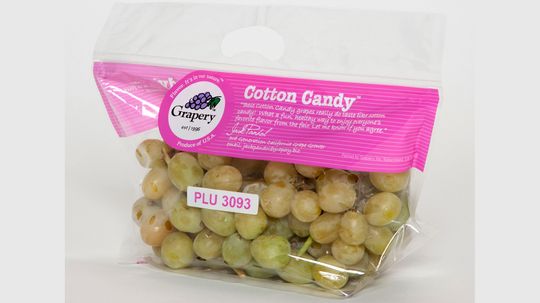Food Science
Learn about the science behind your favorite foods at HowStuffWorks.

What's the Best-selling Beer in the World? Not Budweiser

5 Types of Tequila: Which to Sip and Which to Shoot
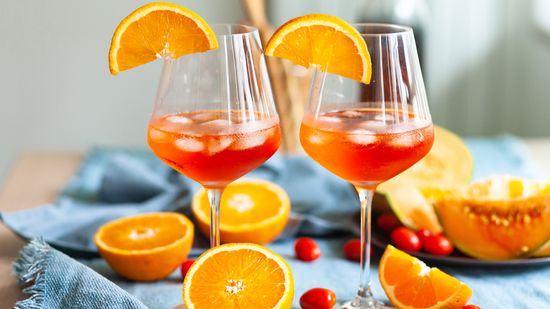
Campari vs. Aperol Cocktails and Flavor Profiles
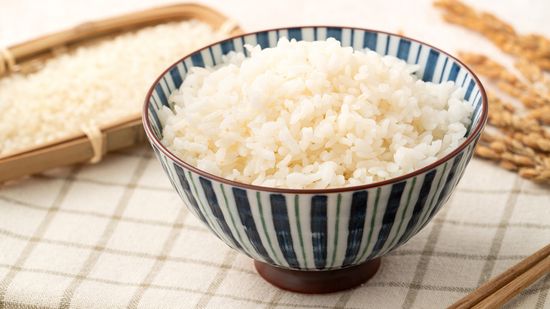
12 Types of Rice to Pair With Any Meal
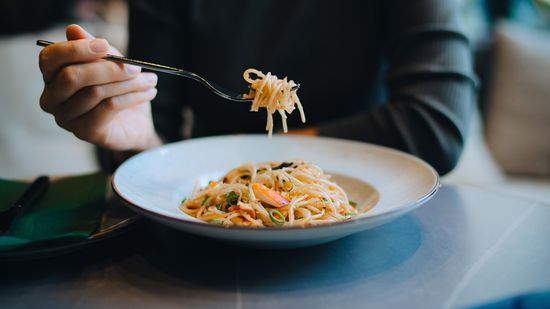
14 Types of Noodles Coming to a Dinner Table Near You
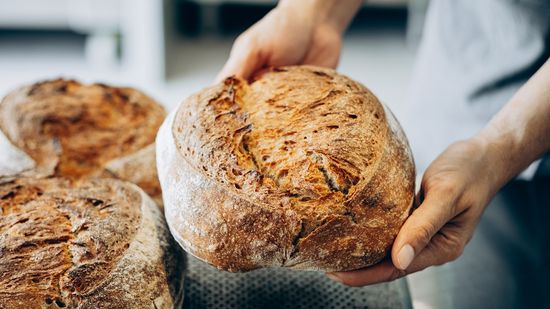
13 Types of Bread: Challah, Sourdough, Rye and More
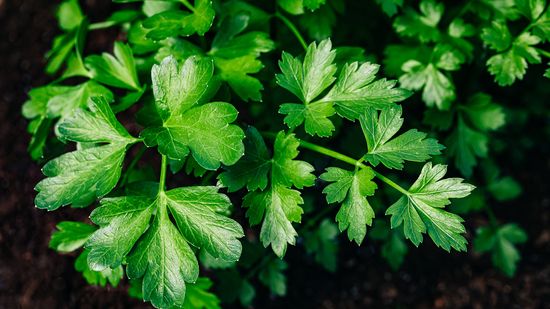
Parsley vs. Cilantro: Same Family, Totally Different Flavor Profile
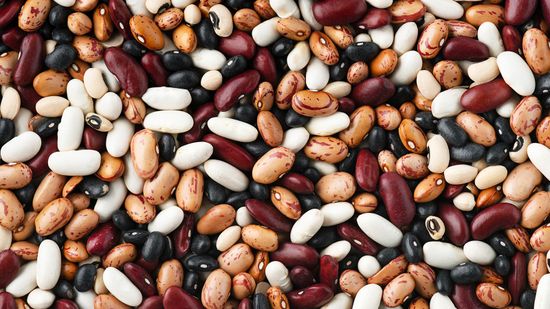
14 Types of Beans: Garbanzo, Adzuki, Cannellini and More
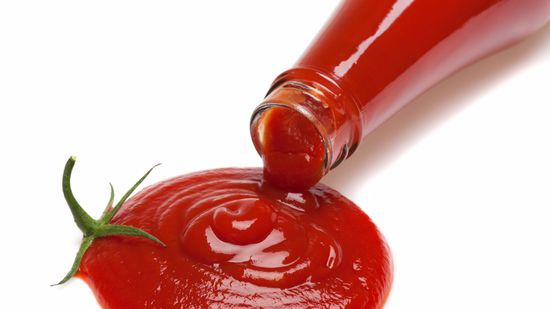
Is Tomato Catsup the Same as Tomato Ketchup?

Get the Scoop on Our Ice Cream Quiz!

What Is Halloumi Cheese, and Why Is It Suddenly So Popular?
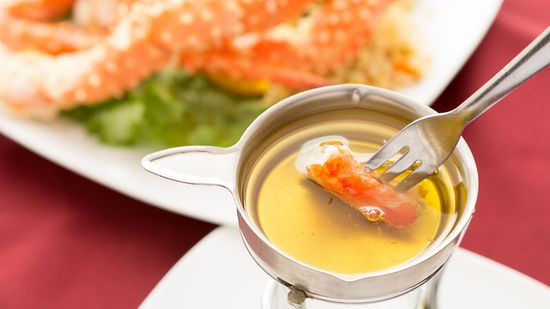
What's the Difference Between Clarified Butter and Ghee?

9 Unconventional and Weird Ice Cream Flavors We'd Love to Try
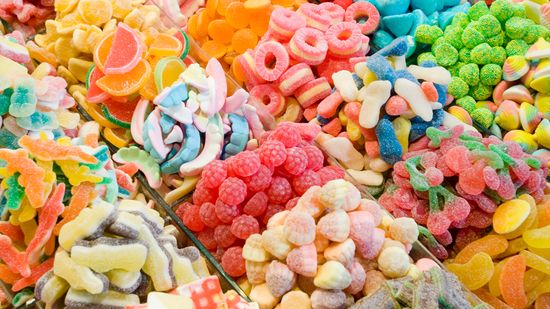
6 Types of Candy for Every Sweet Tooth

11 Types of Cookies for Your Next Snack Attack
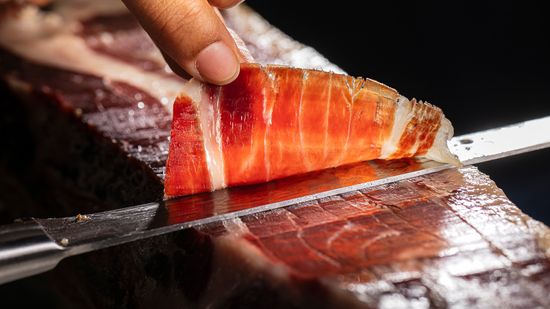
Is the Most Expensive Meat Kobe Beef, Wagyu, or Iberico Ham?

8 Food Festivals Where You Can Fill Up on a Good Time

Discovering the Vibrant Flavors of Hungarian Cuisine: A Culinary Journey
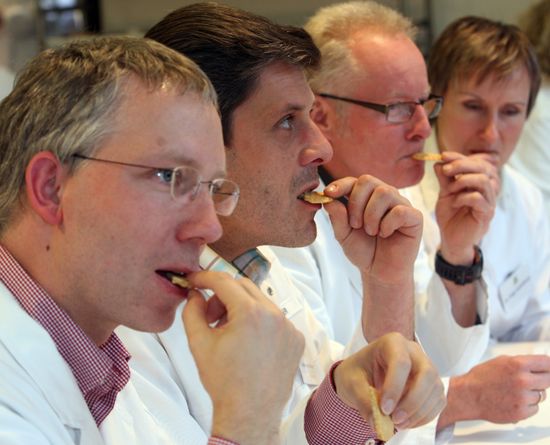
How Food Tasters Work

Top 5 Reasons You Know You Should be a Pastry Chef

How to Get Your Big Break into the Baking Business

Can You Eat Jellyfish? Yes, But Not All Jellyfish
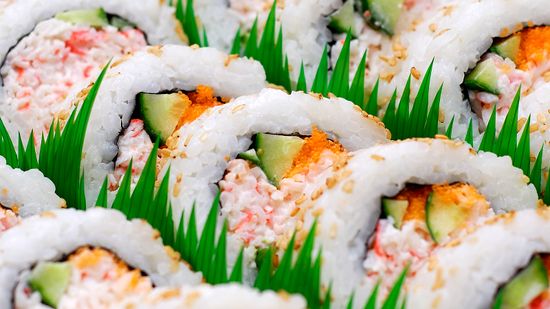
What Is Imitation Crab Meat? Is the Crab Substitute Vegan?
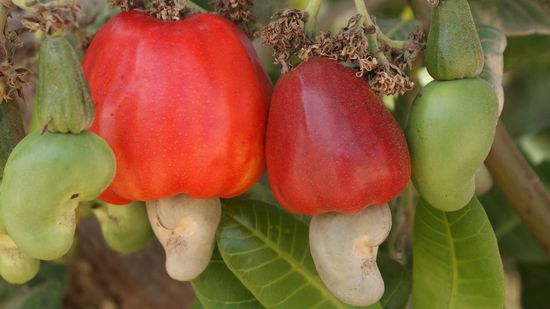
It's Nuts How These 6 Nuts Look Before Processing
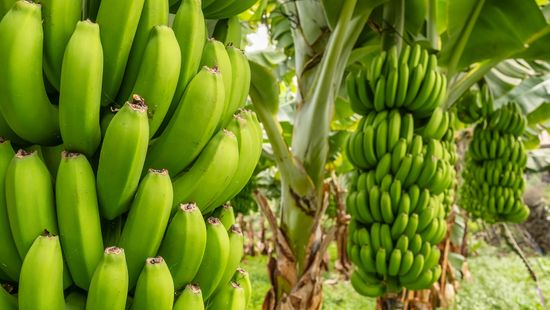
What Is a Group of Bananas Called? A Bunch Isn't What You Think
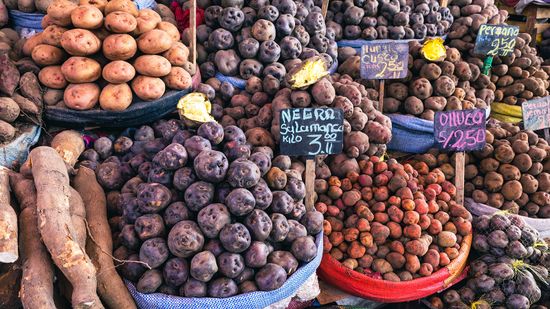
Where Do Potatoes Originate From? Not Ireland
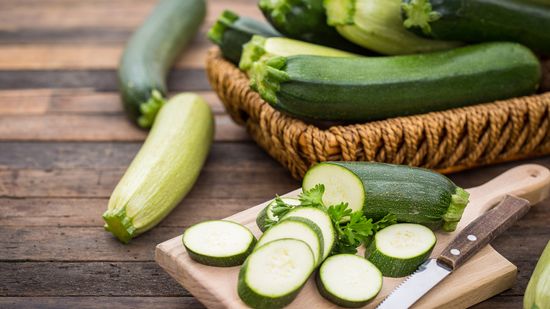
Zucchini vs. Cucumber Vitamins, Water Content, and Uses
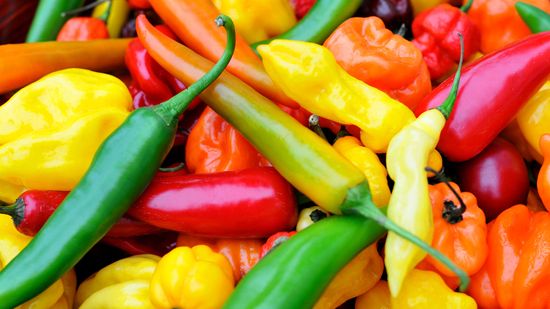
7 of the Hottest Peppers in the World
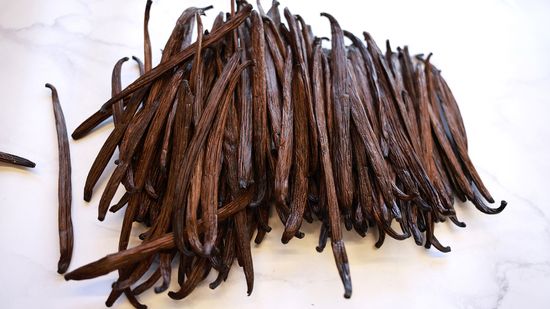
Where Does Vanilla Flavoring Come From?
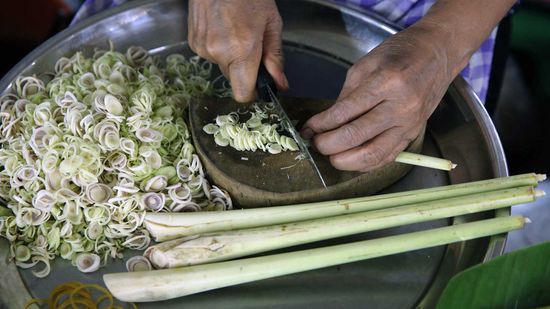
Lemongrass Is a Prized Herb in Asian Cuisine

10 Flaming-hot Facts About Cheetos

Korean Street Treat Hotteok Is Like a Warm Hug
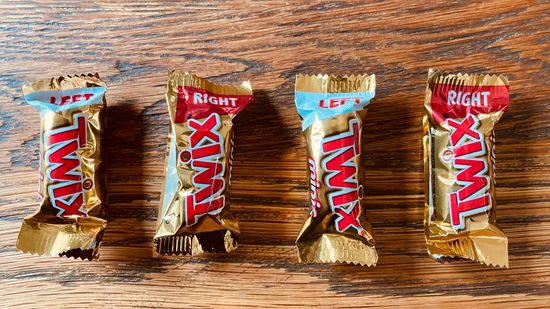
Is There Really a Difference Between the Left and Right Twix?

10 Types of Wine and What to Pair Them With

What's the Difference Between Champagne and Sparkling Wine?

What's the Difference Between Port and Sherry?
Learn More
People have been pickling vegetables, cucumbers specifically, since the time of Cleopatra. Why the cucumber and why is the pickle always served with your deli sandwich?
By Muriel Vega
Craft beer is big business. And breweries are banking on non-alcoholic beer as their new cash cow. But how do they brew beer without alcohol?
The expression "the cherry on top" is supposed to refer to a very good thing. You may think differently once you learn how maraschino cherries are actually made.
By Alia Hoyt
Advertisement
If you love mushrooms, why not grow them at home? It's easy if you have a mushroom growing kit.
By Muriel Vega
It's marketed as an alternative to refined sugar. But is coconut sugar really a healthier option?
Amateur mycologists abound and do-it-yourself mushroom growing kits are all the worldwide rage today. Find out how you too can get started growing your own edible mushrooms.
By Jeremy Glass
It is raw beef, after all, so there's a natural tendency to shy away from eating steak tartare. But don't be afraid. You can eat it.
By Jeremy Glass
Advertisement
It's not cream. And it's not creamy. But it is handy and inexpensive, and it'll give your food 'oomph.'
Is that pepper too hot to handle? See where it falls on the Scoville scale.
By John Donovan
Honey has been used as medicine for millennia and, in this century, the old remedies seem to be holding up to science.
The Maillard reaction is the scientific process that makes your steak (and other foods) taste and smell delicious. So, how does that work? We'll explain.
By Jeremy Glass
Advertisement
Carmine, a natural red dye also known as cochineal extract, is indeed made from the crushed bodies of the cochineal bug. And it provides the color for many of the foods we eat.
By Katie Carman
Baking soda and baking powder are both leavening agents, but they work differently in batters and doughs. So, in a pinch, can you substitute one for the other?
We know wine collectors age their wine. But what about beer? There's a movement of beer enthusiasts dabbling in aging beer, too. Do the same rules apply?
String cheese is a super popular snack with kids and adults. And it's stringiness can be a bit baffling, too.
By Meg Sparwath
Advertisement
Sassafras has a long history of culinary, medicinal and aromatic use, but safrole, a toxic compound found in its essential oils, has been banned by the FDA because of its potential carcinogenic properties.
Citric acid is added to everything from food to medicines to cleaning supplies. Although it occurs naturally, it's mostly manufactured from black mold. But does that mean we need to be worried?
By Alia Hoyt
Ice cream made with insect milk? A start-up in South Africa hopes you'll say, "Yes please!"
Grocery store tomatoes are all but flavorless anymore. A group of scientists is out to bring the ripe, red taste of summer back.
By Shaun Chavis
Advertisement
Female chickens lay eggs whether they've mated with a rooster or not.
Craving some sugary sweet cotton candy? Then reach for these grapes instead. You'll be shocked at how much they taste just like the spun stuff.
By Shaun Chavis
Nothing goes better with a cup of coffee than a sweet cupcake. But do you crave the two together or does that cup of joe actually make you hungry?
By Shaun Chavis
Advertisement
People are passionate about coffee, and every connoisseur has an opinion about what to do when hot coffee goes cold. Reheating coffee's complicated.
You may love the burn of food that's triple Thai hot, but do your poor taste buds?
By John Donovan
